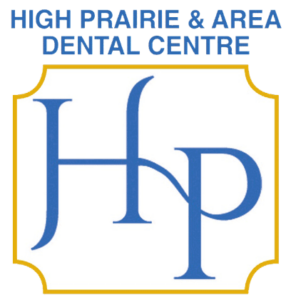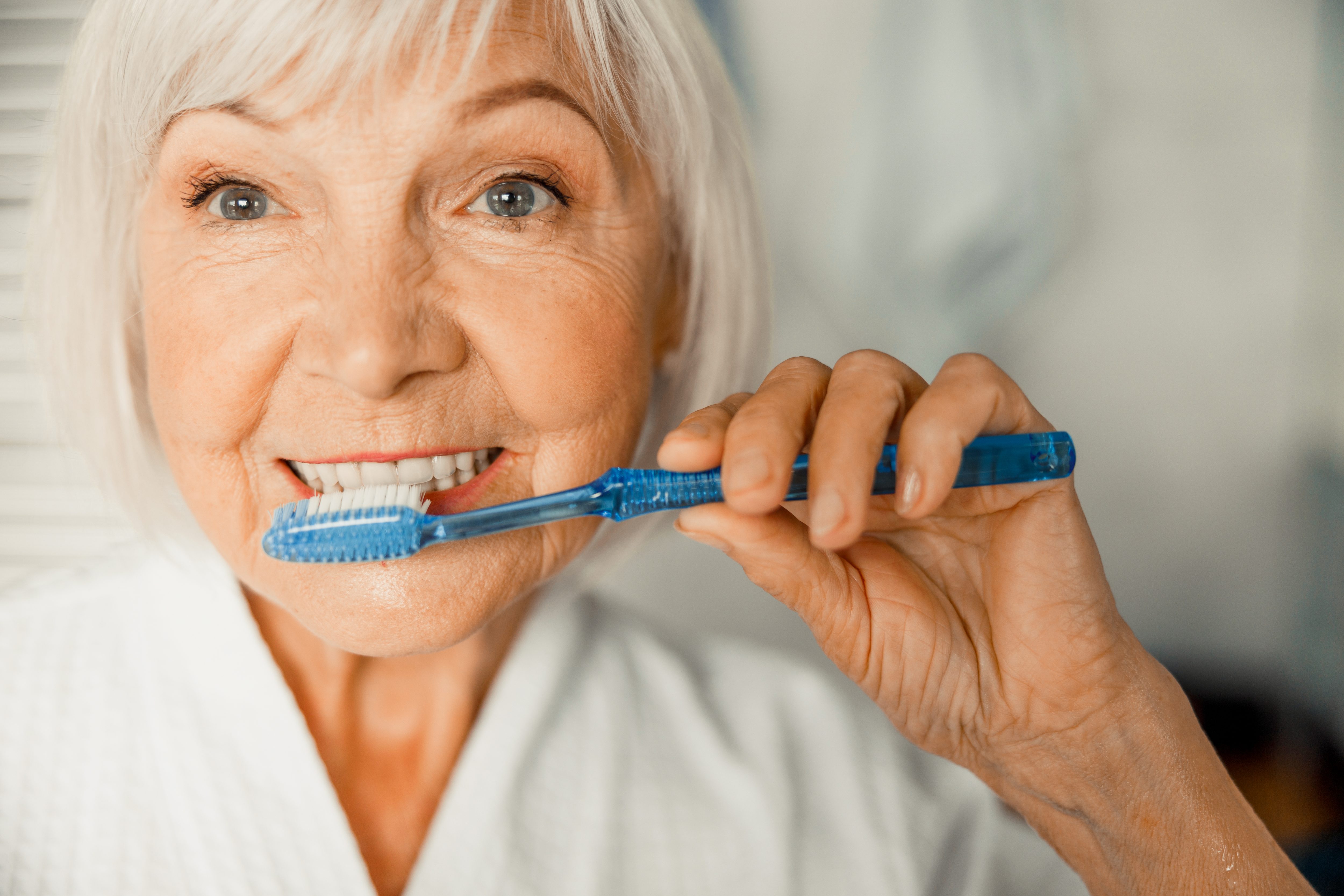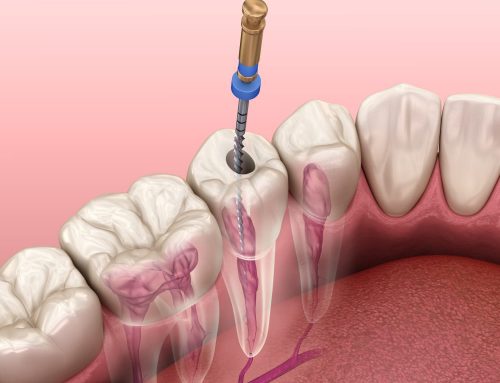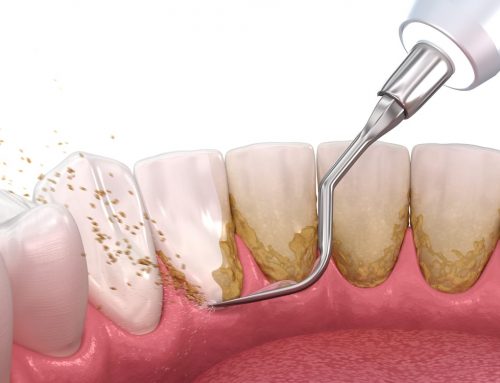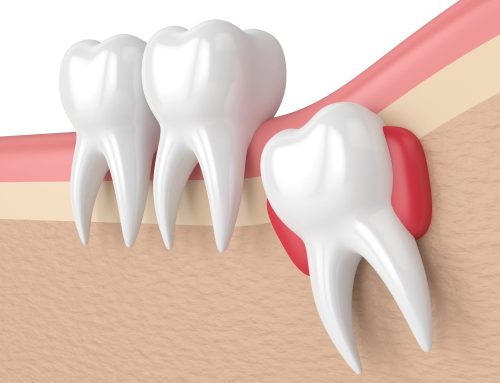Proper dental hygiene and oral care is necessary at any age, but during our senior years we need to start paying extra attention to our teeth and gums. This guide is focused on oral health tips for seniors.
WHAT HAPPENS TO OUR TEETH AS WE AGE?
Certain oral conditions don’t present themselves until we’re older. Fortunately, many elder dental problems can be identified and treated easily. Even better, is knowing yourself what to look out for, so problems can be prevented.
- DRY MOUTH: We don’t necessarily get dry mouth from aging, but there are common medications prescribed to seniors with dry mouth as a side effect. Chronic dry mouth increases your risk of cavities and decay. Ubhi and Dr Lotey at High Prairie Dental Centre can recommend methods to keep your mouth moist.
- ATTRITION: Think of this as general wear and tear over the years. All our chewing and grinding adds up and takes its toll on aging teeth. As our enamel wears down, the risk for cavities increases. If you’ve been experiencing jaw pain or ear pain, it could be from grinding your teeth.
- GUM DISEASE: The leading cause of tooth loss in older adults is periodontal disease, also known as gum disease. Plaque forms on the teeth and over time hardens into tartar. Be on the lookout for red swollen gums, abnormal tooth sensitivity, bad breath or receding gums. These are the warning signs of gum disease.
- ROOT DECAY: This is often hand in hand with gum disease. The roots of the teeth become exposed as your gum line recedes. This can really increase your risk of decay.
- SENSITIVE TEETH: Often, sensitivity can be helped with an anti-sensitivity toothpaste. If you find the problem persisting through, it’s time to see your dentist. Sensitivity is often an indication of a more serious condition.
ORAL CARE TIPS FOR SENIORS
Keeping your teeth in tip-top shape as we age isn’t as hard as you might think. Try these tips.
- MAINTAIN REGULAR CHECKUPS: Regular checkups are just as important for denture wearers. Getting your gums checked as well as your teeth is important for staying ahead of potential problems.
- FLOSS AND BRUSH DAILY: Twice a day actually, for at least two minutes. Use a toothpaste with fluoride to help protect your enamel. Flossing daily is important for your gums and teeth. About one third of your tooth’s surface can only be reached with floss. That’s why it’s so important to keep up these habits.
- ANTIBACTERIAL MOUTHWASH: Using antibacterial mouthwash is good for your whole mouth. It reduces plaque buildup and helps to keep your gums, cheeks, and tongue clean.
- AVOID TOBACCO: Mouth and throat cancers are significantly increased with the use of cigarettes and chewing tobacco.
- MONITOR SUGAR INTAKE: It’s best not to brush your teeth immediately after drinking soda, that can cause wear to drastically increase. You do, however, want to brush your teeth after eating candy or sugary snacks. This ensures the sugars aren’t sitting on your teeth for too long.
- INCREASE ORAL HYDRATION: Drinking plenty of water is your best bet here, however a sugar-free gum can provide relief as well. There are also special mouthwashes and sprays available to moisten your mouth. If you experience hydration issues, it’s best to stay away from alcohol, it dehydrates your body. This includes mouthwashes with an alcohol base.
DON’T LET ARTHRITIS HOLD YOU BACK
Arthritis can make brushing and flossing very difficult. Fortunately, we do have special dental aids that can help. Many patients have found interdental cleaners and floss holders to be very beneficial.
A smile looks great on anyone, no matter your age. If you need advice improving your oral health, our experienced dentists and hygienists are always happy to help.

